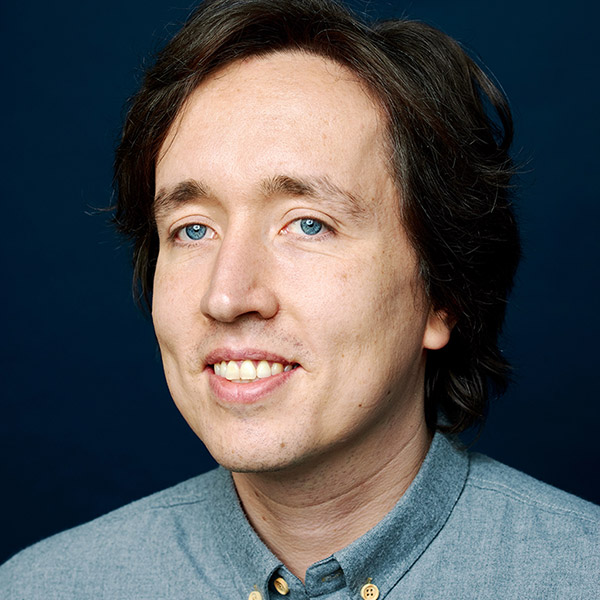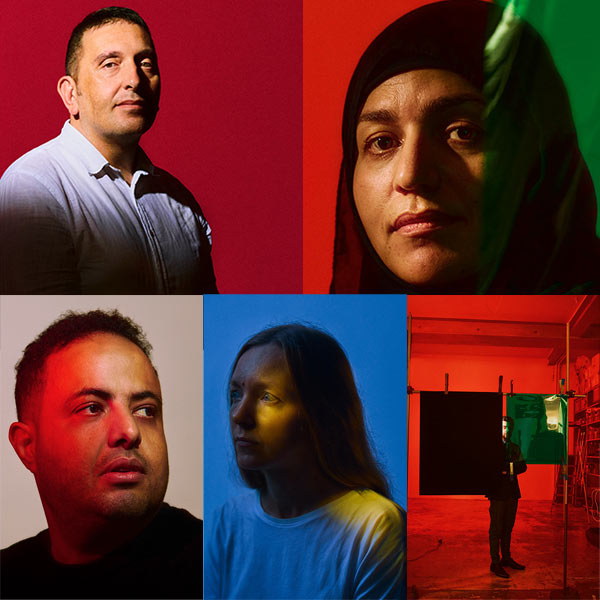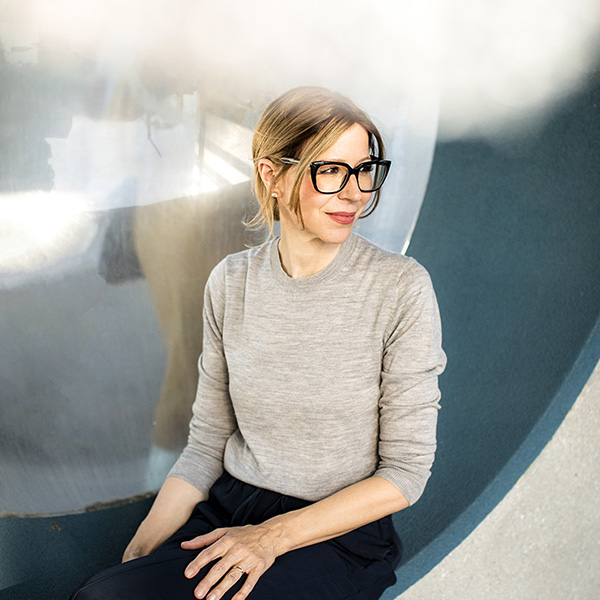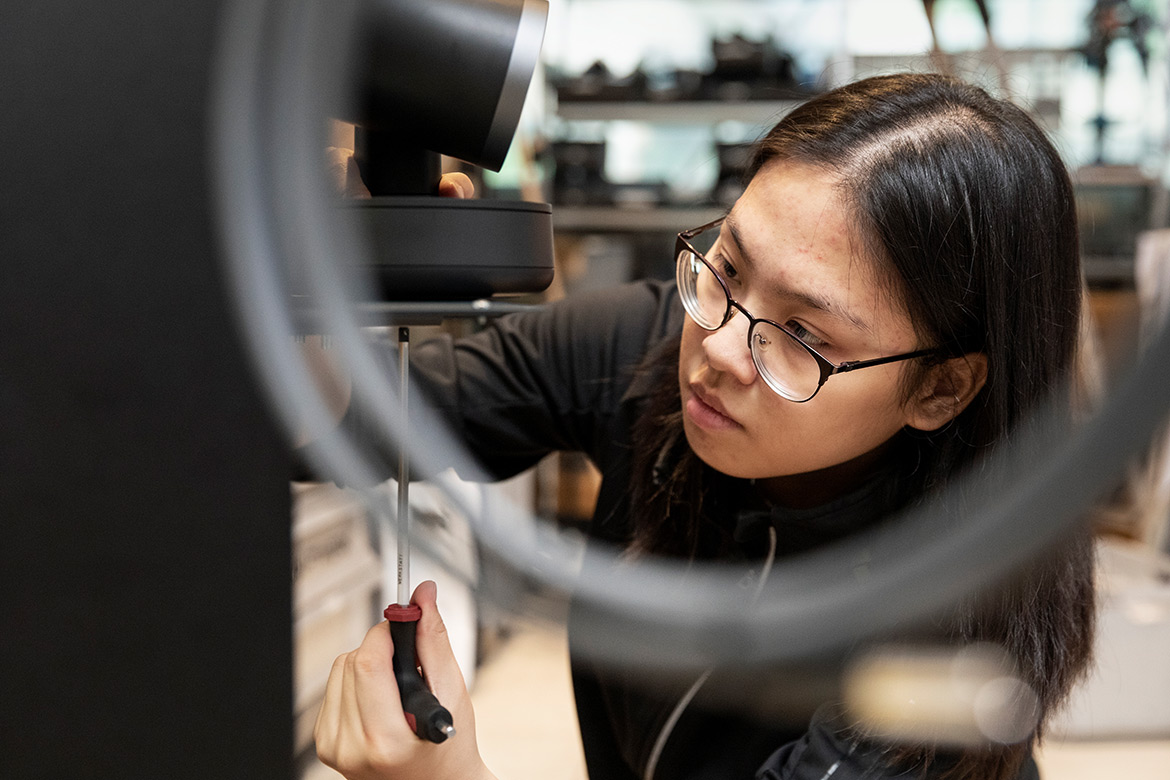STANDPOINT
“She told me that her life would be finished if she couldn’t do any research”
Since March, dozens of researchers from Ukraine have been welcomed at Swiss universities through a special scheme organised by the network ‘Scholars at Risk’ and the Swiss National Science Foundation. Véronique Dasen, a professor of archaeology at the University of Fribourg, is one of the hosts.
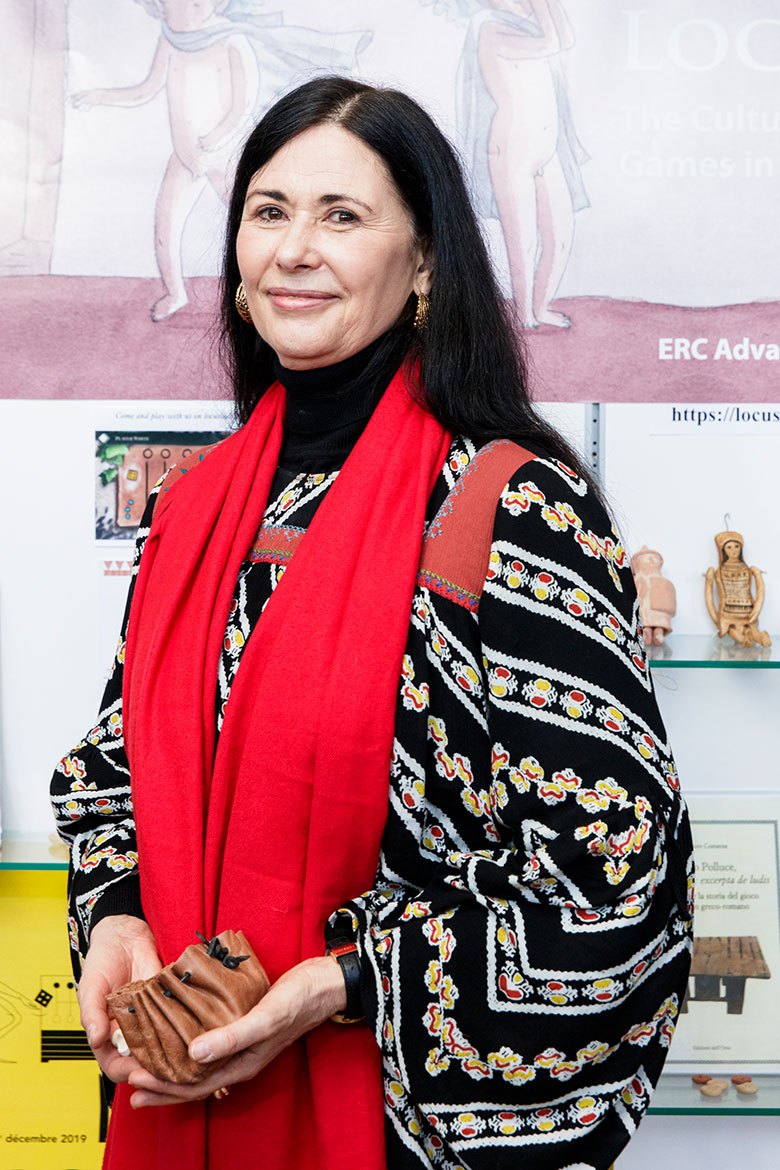
Véronique Dasen is a professor of archaeology at the University of Fribourg. | Image: Nicolas Brodard
Véronique Dasen, a researcher from Ukraine is working in your group as a Scholars-at-Risk employee. How did you get in touch?
I already knew Oksana Ruschynska, who was a professor in Kharkiv. She was collaborating in my European research project and had written a chapter in one of my books. It was quite easy for me to formulate a fitting project because I knew what she was working on. She is a very determined person.
Did you contact her when Russia attacked Ukraine?
I sent her a message on WhatsApp immediately. She told me that she was not well. Her house was bombed later. Her 17-year-old daughter, who is with her in Switzerland, has problems with her ears because of a pressure wave. I am very impressed by how they are both managing their situation after having lost everything.
How did the process to hire her as a ‘scholar at risk’ work?
The scheme is perfectly adapted for this situation. I was able to request a place for her to work in my Institute, and she was awarded the funding. She is recognised as a senior researcher. She told me that her life would be finished if she couldn’t do any research. She had to get her permit ‘S’ from the Swiss State Secretariat for Migration before she could start working. Until then she had no money. But my university helped with that, and I am very grateful. For this month, Oksana received funding similar to what students get. It is not much money, but she received a campus card and a university e-mail address. These things help you to feel that you belong somewhere. Her university in Kharkiv has been destroyed.
Did you ever think about hiring an employee using Scholars at Risk before?
Yes, but contacts are not easy to build. In this case we knew each other already. You can’t advertise on Facebook that you are looking for a scholar at risk. We would also be happy to welcome threatened researchers from Russia, but the whole process is more complicated for such cases. The special scheme for researchers from Ukraine made everything easier. I would say it is an excellent example of: Yes, we can.
Did your research team support you?
Yes, a lot. My postdoc even lent Oksana her flat during the first week. And everybody helped to find beds, tables, dishes and so on.
Is it the first time that you have been involved in such a situation?
After my PhD I worked for several years as a volunteer for the NGO Coordination Droit d’Asile. I know how difficult it is to understand the Swiss administrative system. We helped people from Kurdistan, Zaire [now the Democratic Republic of Congo, Ed.] and Sri Lanka. That is why I reject the criticism that we are supposedly only helping people from Ukraine. We were already struggling to help refugees back then. Now that we have the opportunity to help efficiently and rapidly, let’s just do it!

